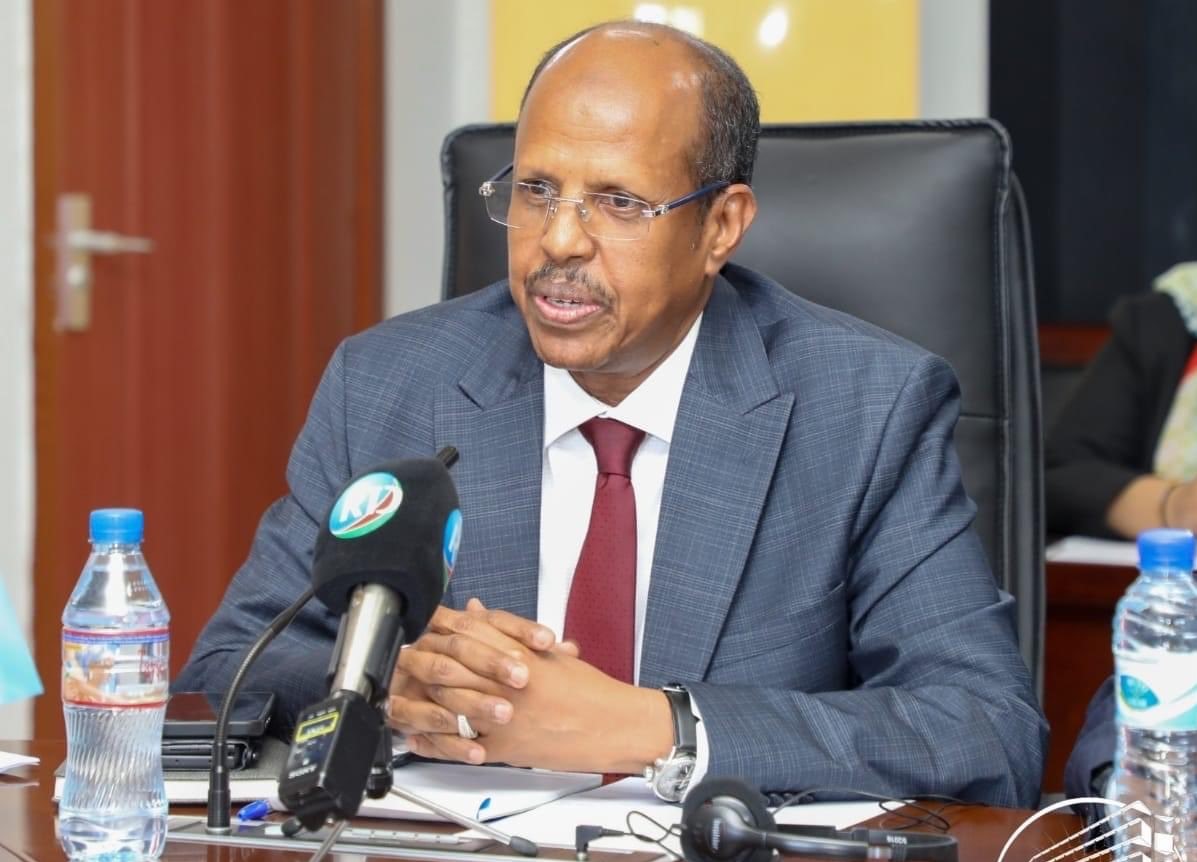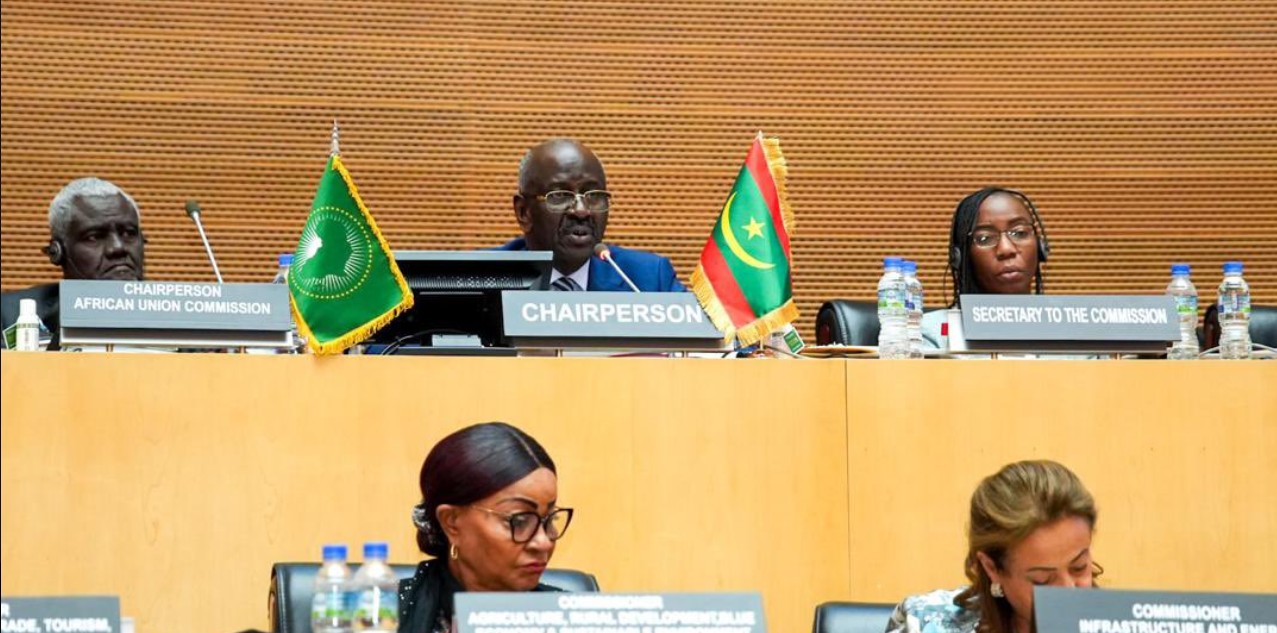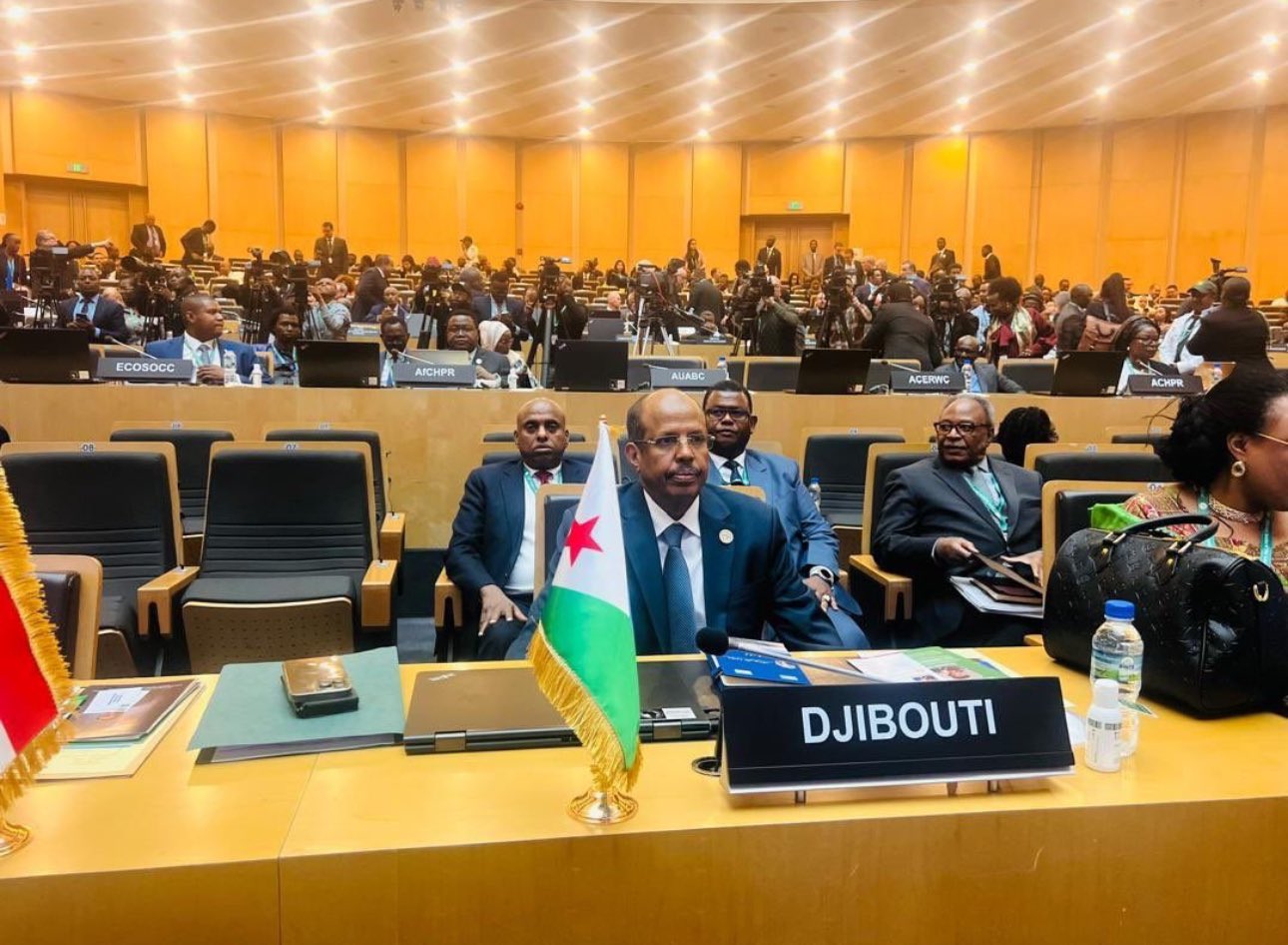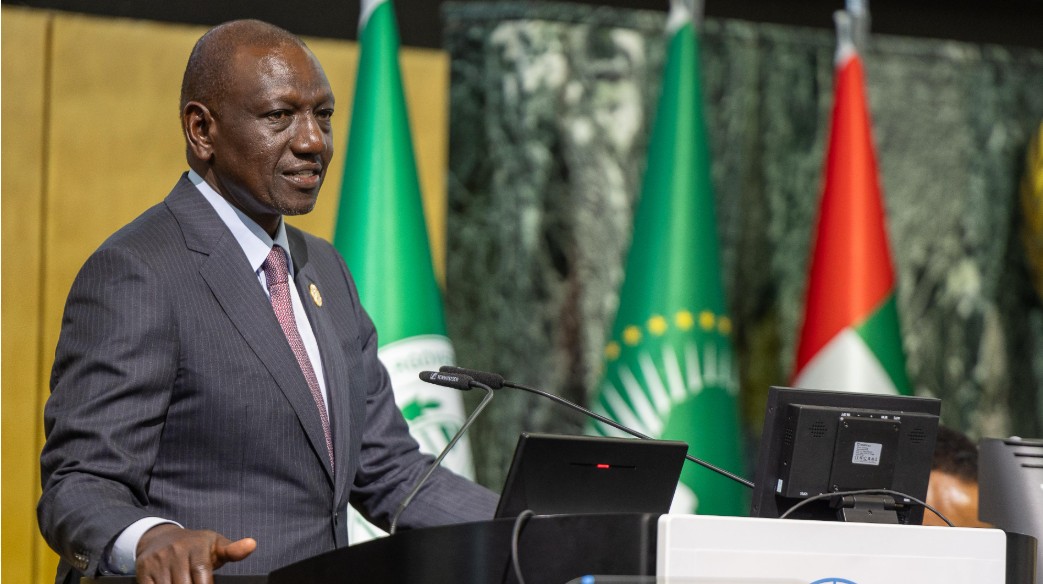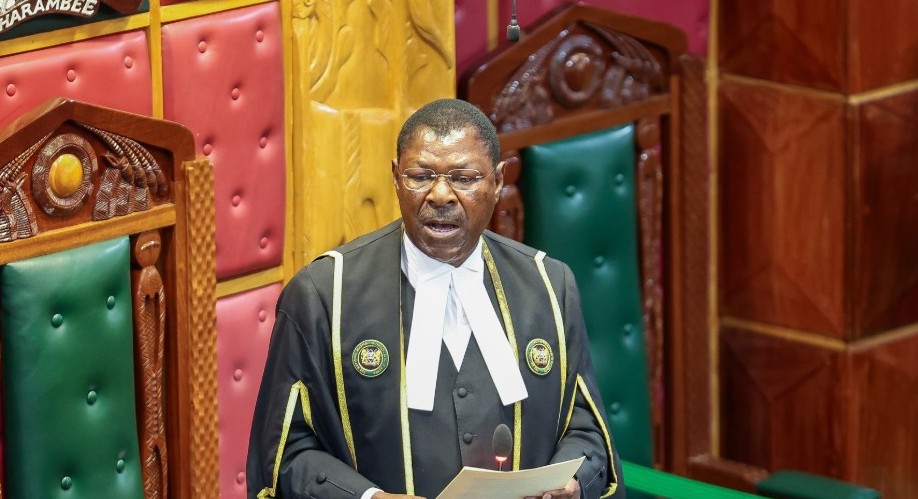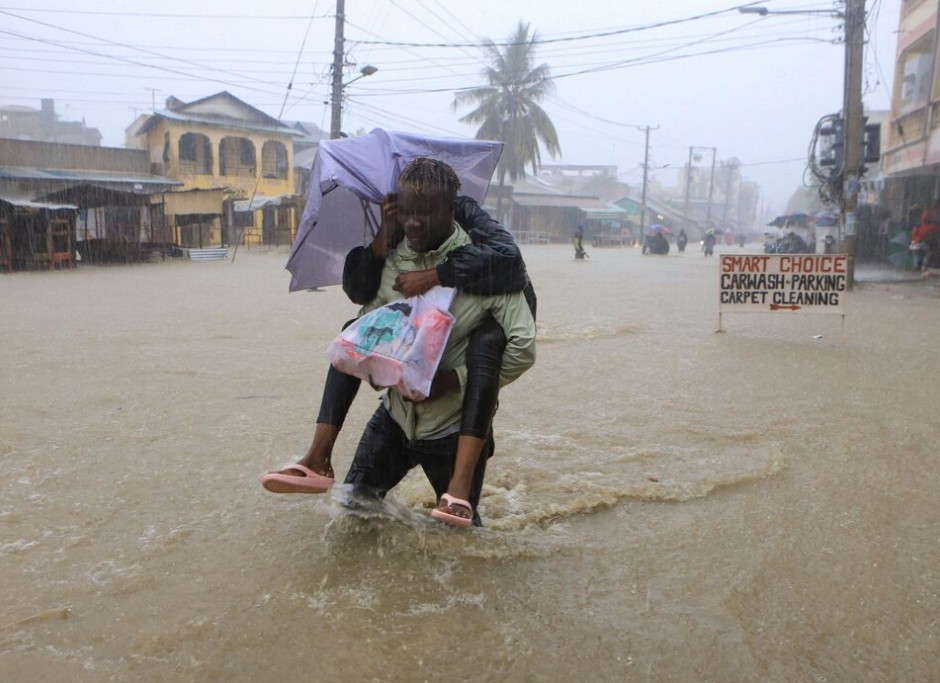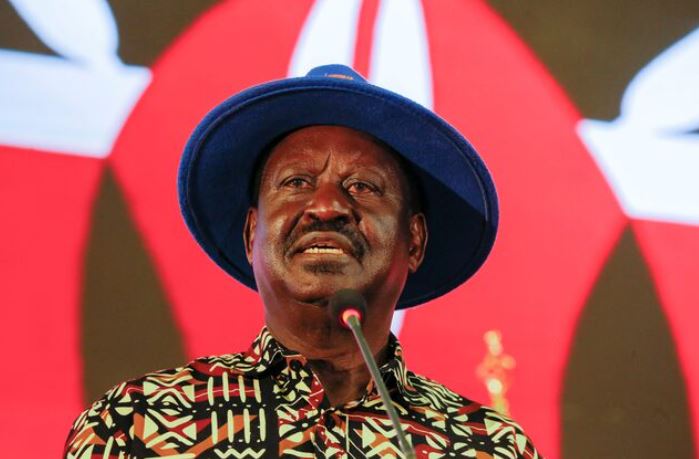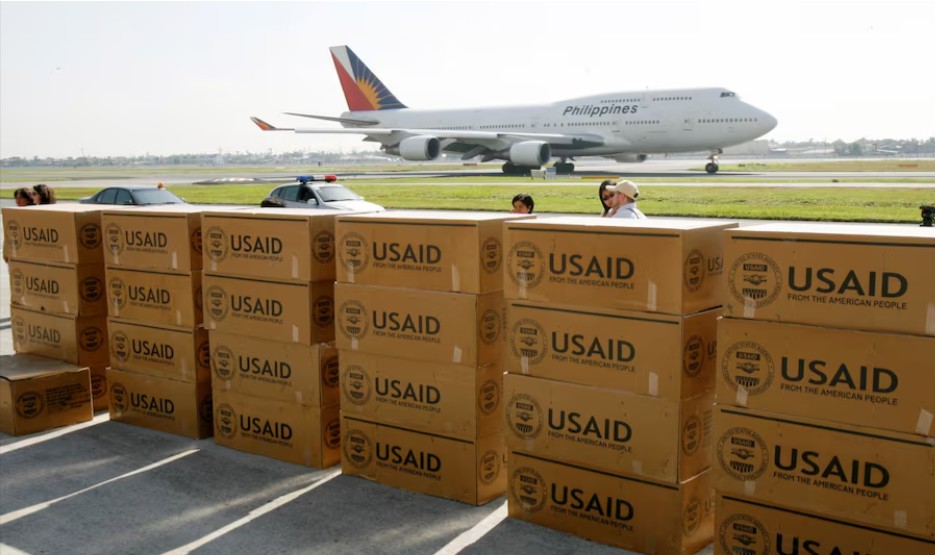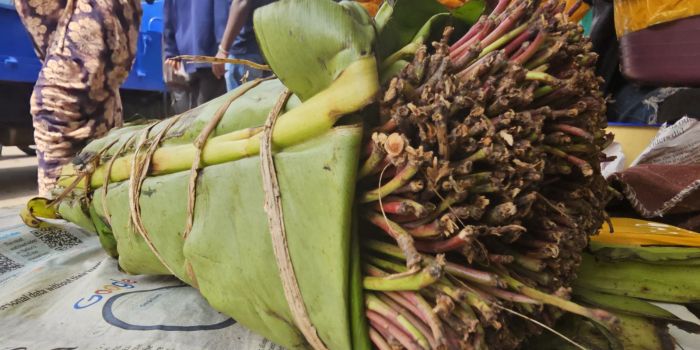Somalia's IS expansion efforts hit roadblock amid sustained security operations
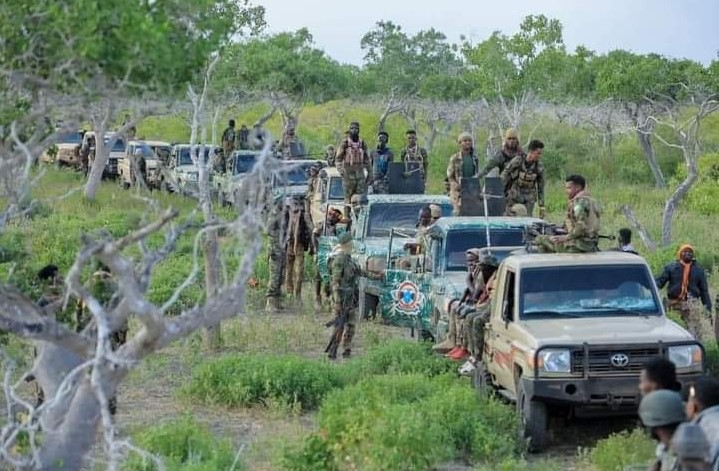
The recruitment campaigns targeted regional member states and Yemen, attempting to integrate foreign terrorist fighters into structured hierarchies.
Attempts by the Islamic State (Daesh) group in Somalia to expand areas under its control suffered greatly last year courtesy of sustained security operations and the recruiters' struggle to fit in severe conditions set by the group, a new United Nations Security report now shows.
The report by the UN Monitoring Group notes that while at the beginning, the IS- domiciled Somalia's Puntland region experienced a rapid growth in foreign terrorist fighters, which nearly doubled the size of the group, the recruitment efforts slowed due to difficulties in integrating fighters into narrow and restrictive structures, leading to sustained defections.
More To Read
- Puntland forces record major victories against ISIS in Somalia
- A look into war against Al-Shabaab in Somalia as new mission takes over from ATMIS
- Survivors’ tales of night of terror after bomb attack at Mogadishu's Liido Beach
- Somali Government allocates Sh64.8m to support Liido Beach attack victims
"Despite its initial success in recruitment, Member States reported that the recruitment of foreign terrorist fighters had slowed due to difficulties in integrating fighters into narrow clan-based structures, cultural barriers and the severity of conditions, leading to sustained defections, which limited the group's expansion," the report states.
The recruitment campaigns, it notes, targeted regional member states and Yemen, attempting to integrate foreign terrorist fighters into structured hierarchies.
"Member States also reported several arrests in originating or transit countries," says the report published on Wednesday, this week.
The report however cautions that the group has been evolving its weapons and technology confirming its use of unmanned aerial vehicles for reconnaissance with limited explosive deployment.
On the Al-Shabaab terror group, the report says that the strength and status of Athe group remained unchanged last year with its target focused on the Federal Government of Somalia and the African Union Transition Mission in Somalia (ATMIS) forces coupled with incursions into neighbouring countries and piracy operations along the Gulf of Aden and off the coast of Somalia.
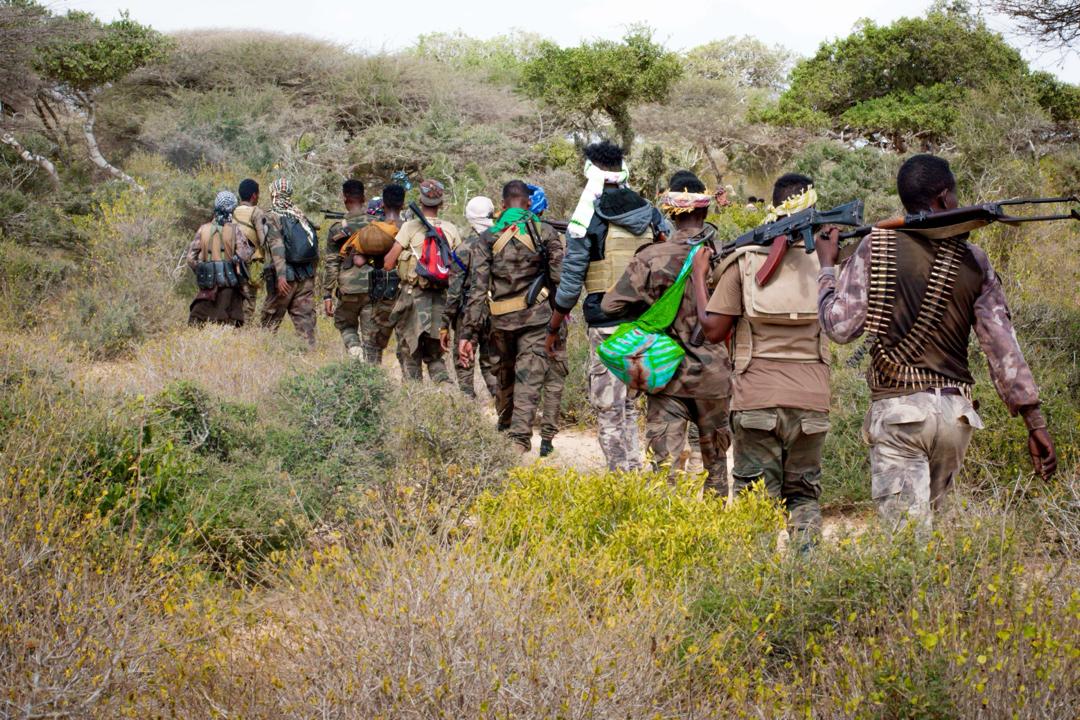 Members of the Somali National Army, paramilitary troops and local tribal forces conduct a cleanup operation against Al-Shabaab terrorists in the Lower Shabelle region on February 14, 2024. (Photo: SNTV)
Members of the Somali National Army, paramilitary troops and local tribal forces conduct a cleanup operation against Al-Shabaab terrorists in the Lower Shabelle region on February 14, 2024. (Photo: SNTV)
"Al-Shabaab was observed to have a developing relationship with the Houthis that was described as transactional or opportunistic, and not ideological. In return, Al-Shabaab was to increase piracy activities within the Gulf of Aden and off the coast of Somalia, targeting cargo ships and disrupting vessel movement as well as collecting ransom from the captured vessels. During this period, Al-Shabaab was reported to have received some small arms and light weapons and technical expertise from the Houthis," the report adds.
Financial vigilance
It credits the militia group's diminished funds from Mogadishu to increased financial vigilance by the federal government of Somalia and the requirement for businesses within the city to install CCTV cameras.
Nevertheless, the group sustained extortion and taxing businesses in ports, on herders, small trucks and retail shops in Southern Somalia and continued with kidnapping for ransom.
Last year, reports had shown that Sub-Saharan Africa accounted for nearly 59 per cent of all terrorism-related deaths globally.
This was due to the spread of Al-Qaeda and ISIL affiliates to coastal countries in West Africa, with violent attacks soaring by more than 250 per cent in two years, the UN Deputy Secretary-General Amina Mohamed informed the UNSC towards the end of January this year adding that the Sahel is now "ground zero" for one of the most brutal crises in the world with terrorism-related deaths in the region having soared past 6,000 for three consecutive years, making up more than half of all global fatalities.
"In this surge, Burkina Faso now leads the world in terrorism deaths, with a staggering 68 per cent increase," she said.
She further noted that there are also growing risks of infiltration and radicalization along Ghana's northern regions, as well as in Togo, Côte d'Ivoire and Nigeria, adding that the threat persists elsewhere as groups such as Al-Shabaab in Somalia, the Allied Democratic Forces (ADF) in the Democratic Republic of Congo, and Ahlu Sunna Wal Jama in Mozambique, continue to unleash horrific violence.
"Let us make no mistake. At this rate, in West Africa, the future is at stake. The marginalization of youth, coupled with soaring unemployment, has left an entire generation vulnerable to extremist groups. If we don't act, we risk losing this generation to the horrors of terrorism, their futures stolen before they even have a chance to begin. As terrorism evolves, so must we," she warned.
The UN report also notes that despite the successes of Operation Shujaa in the Democratic Republic of Congo, the Allied Democratic Forces (ADF) had since July last year conducted 120 attacks with a gradual decrease in civilian deaths in recent months.
Top Stories Today
